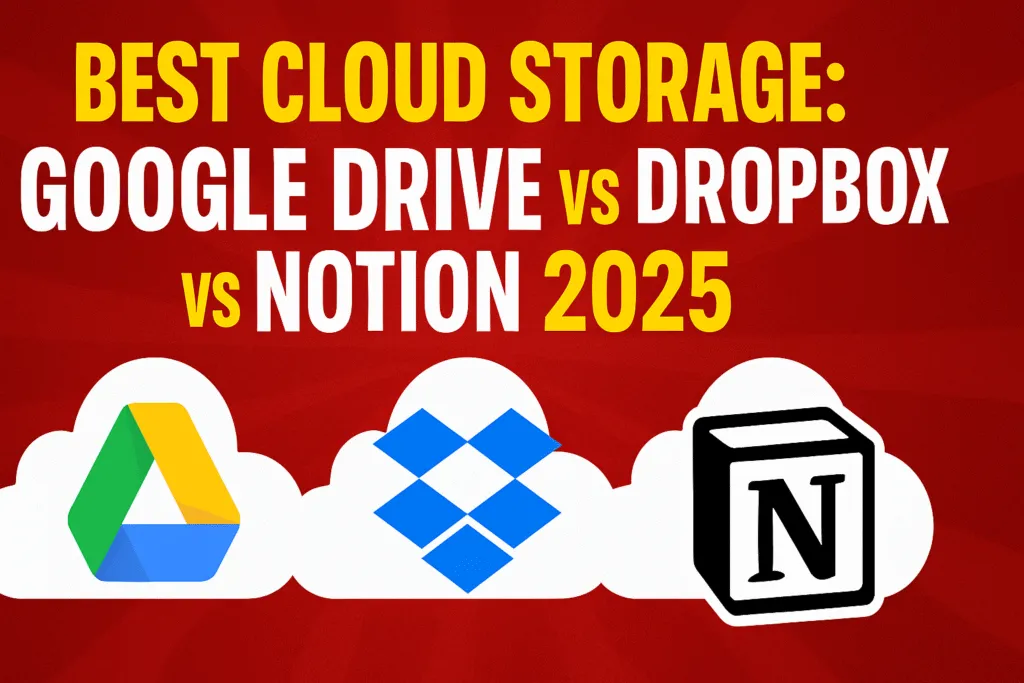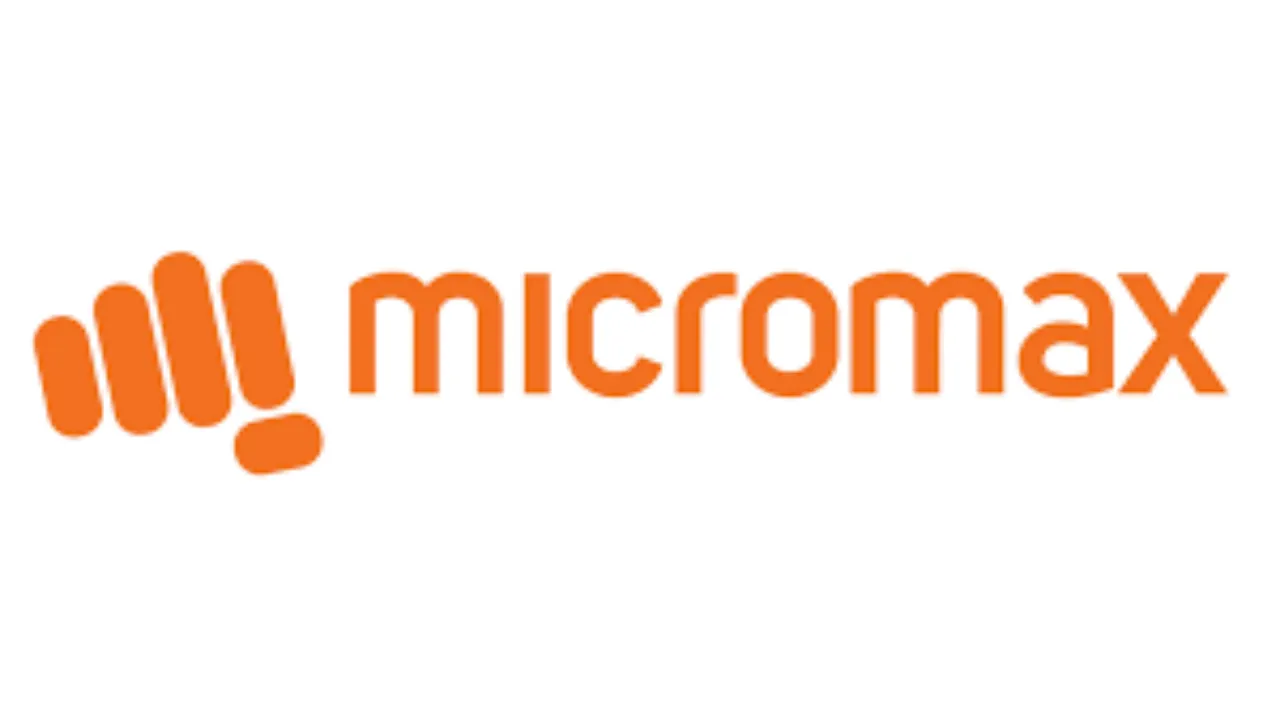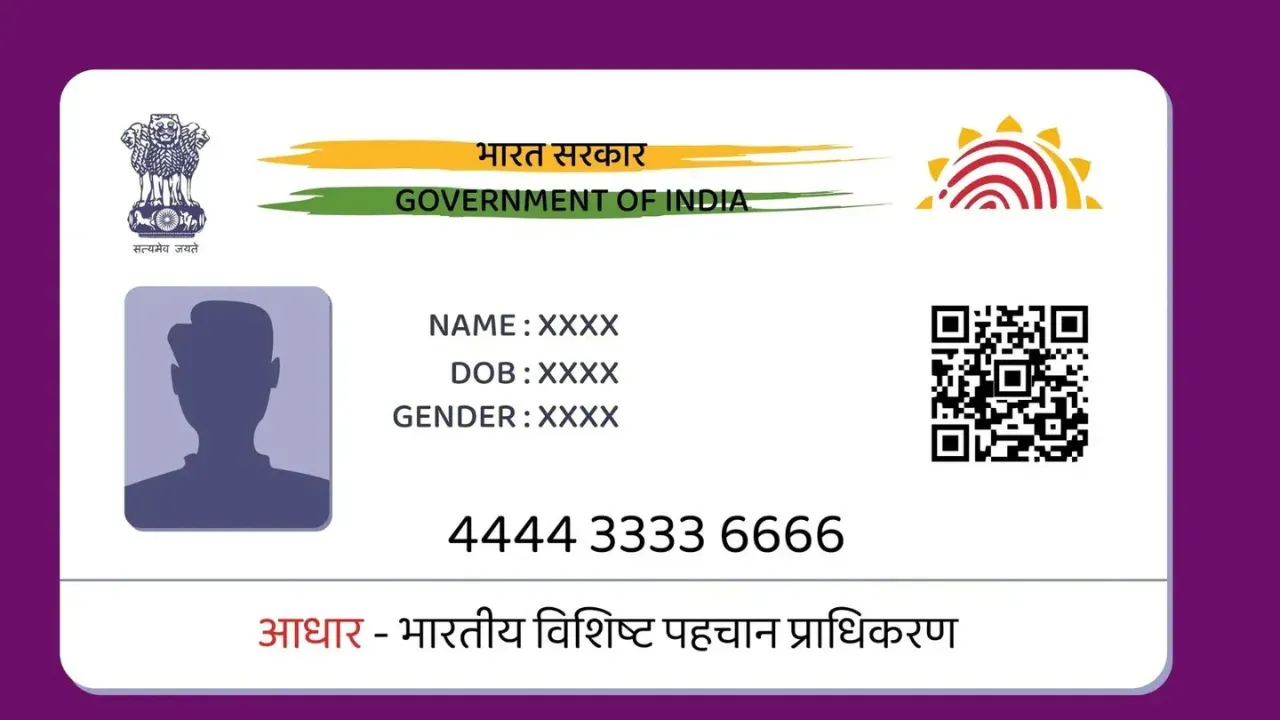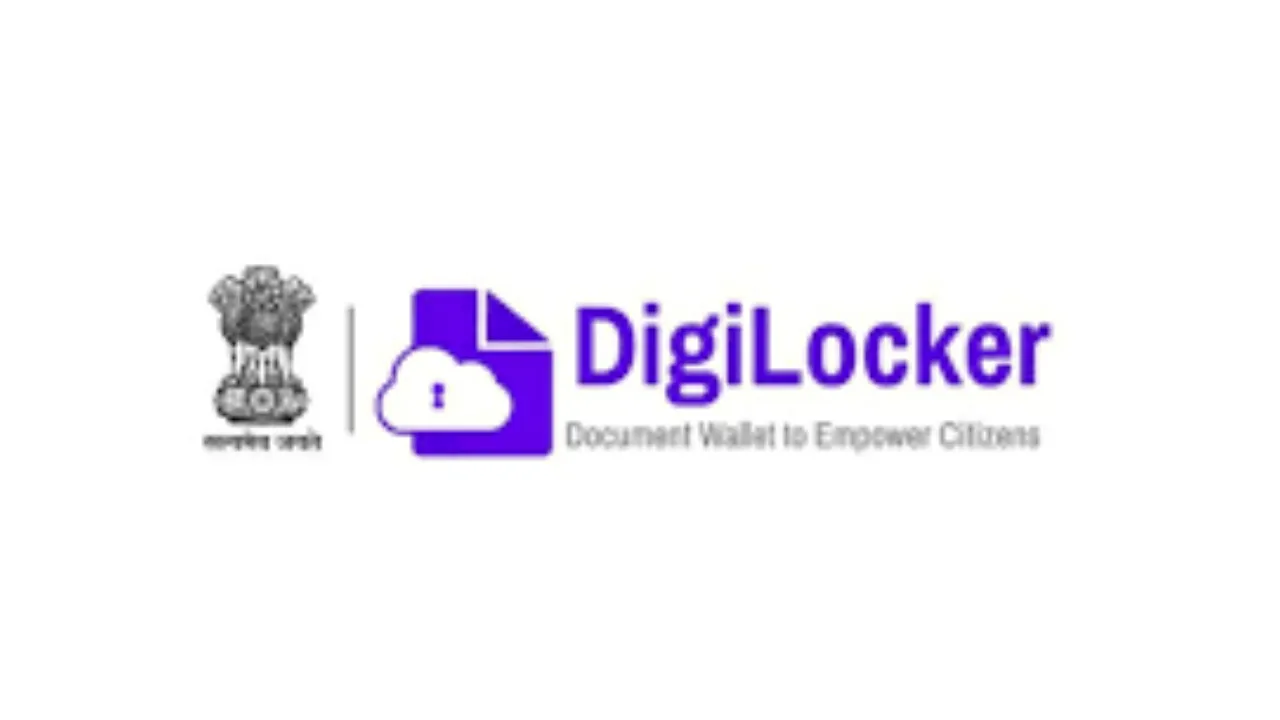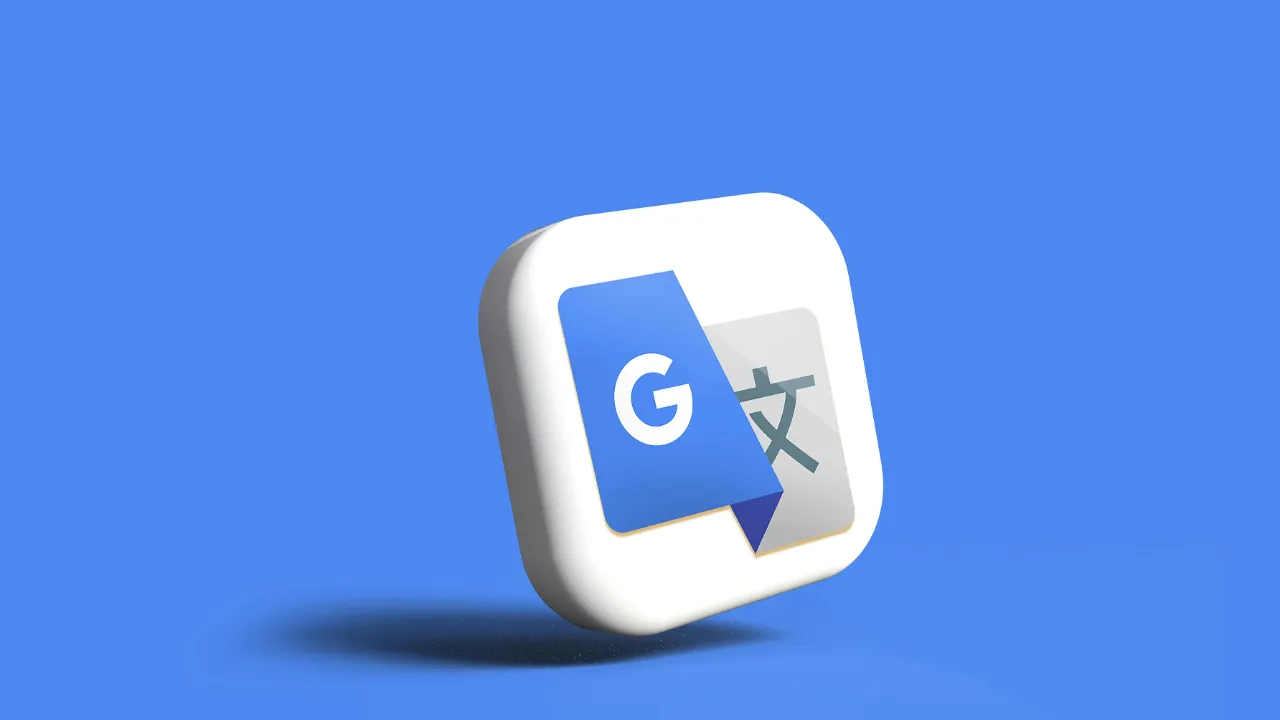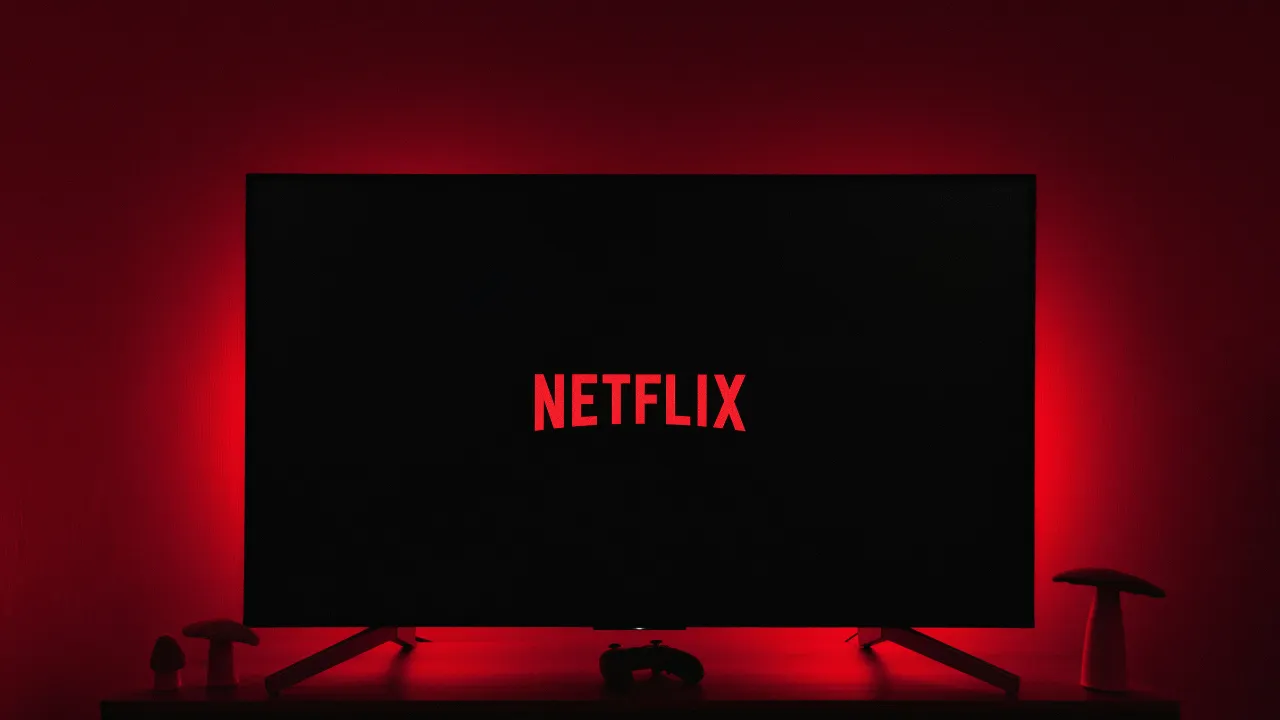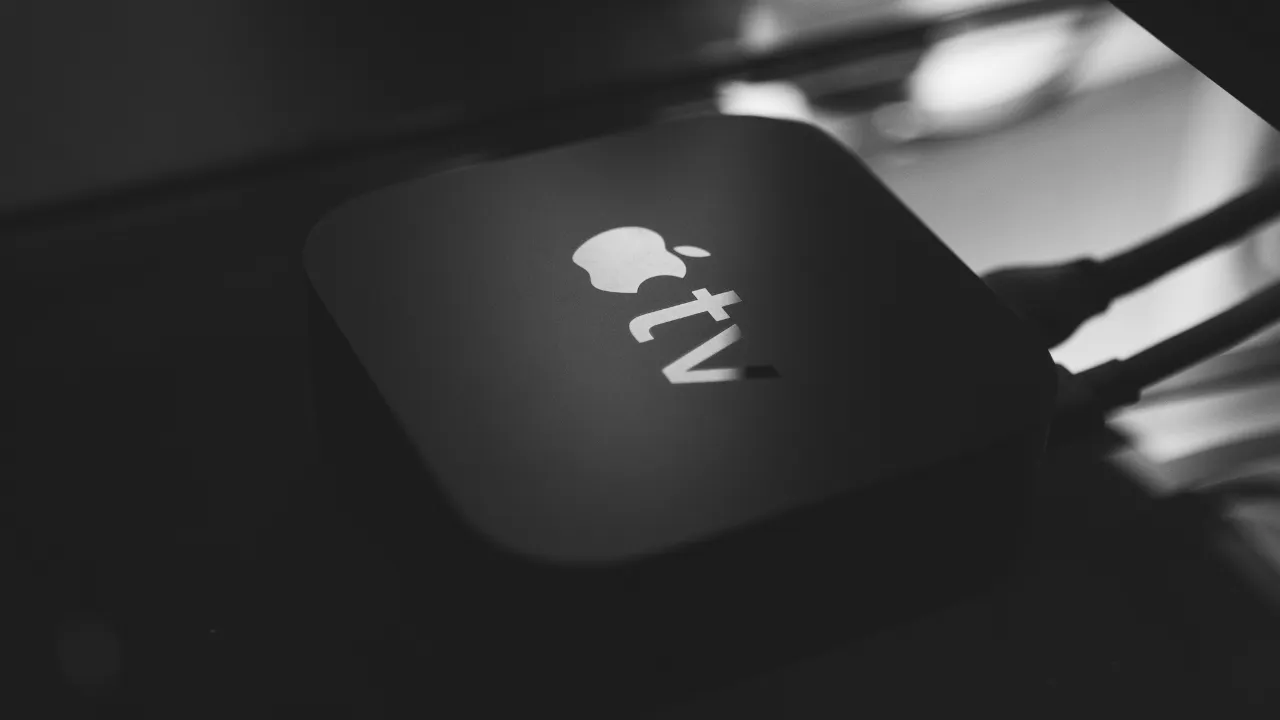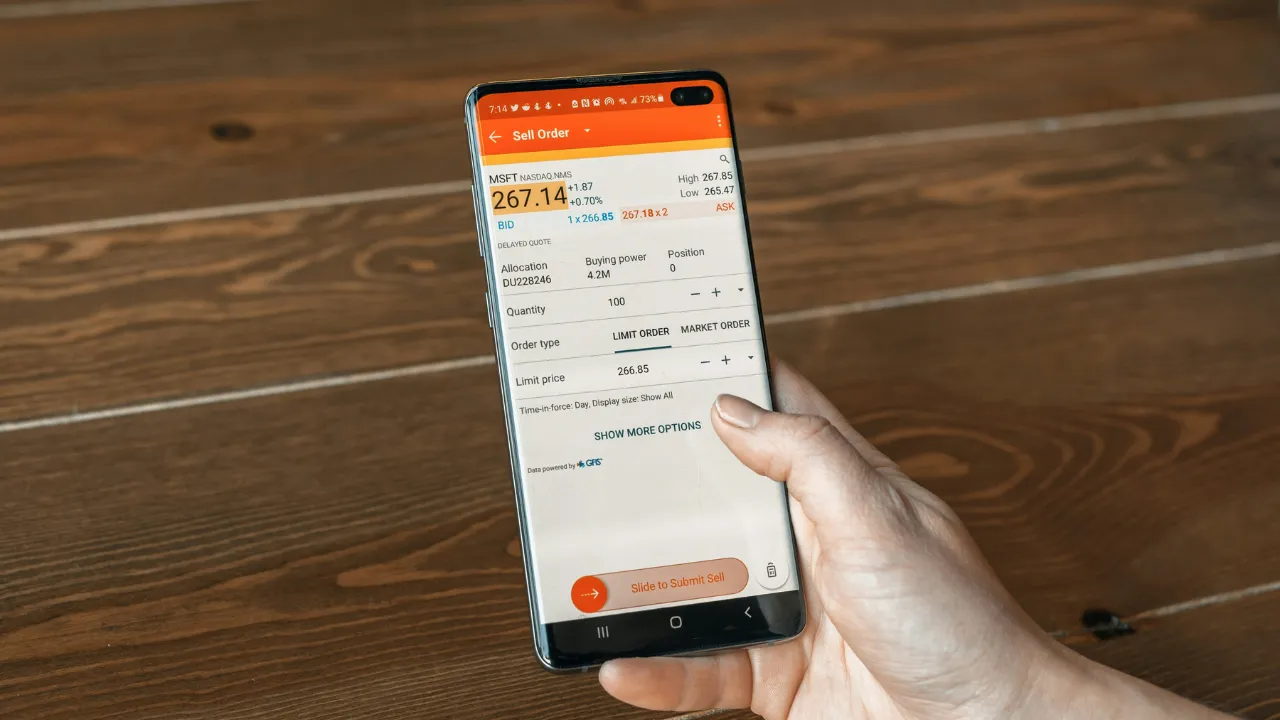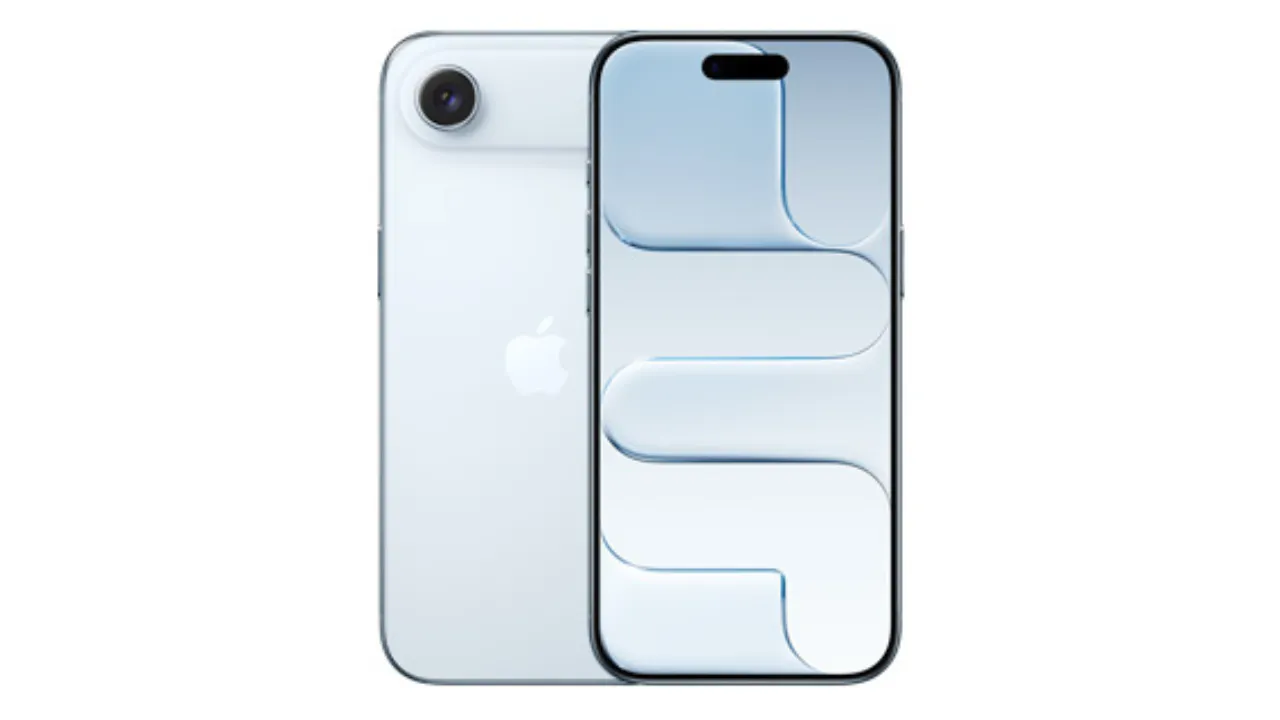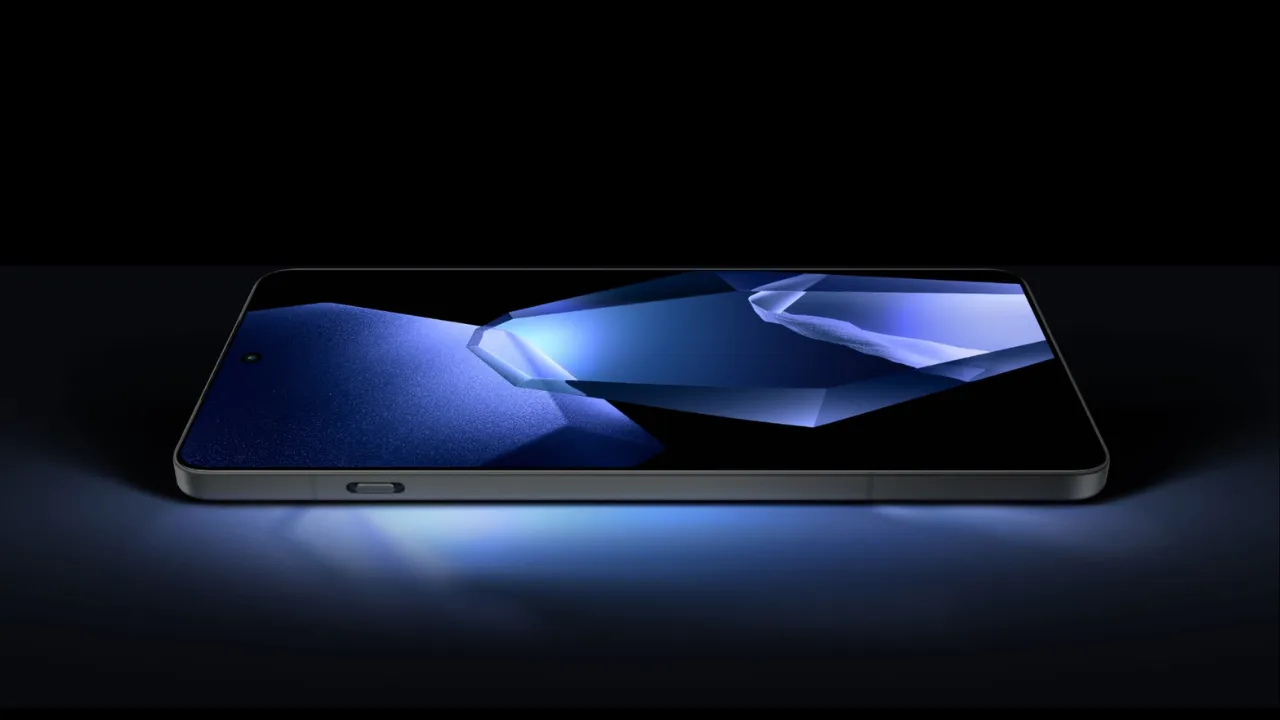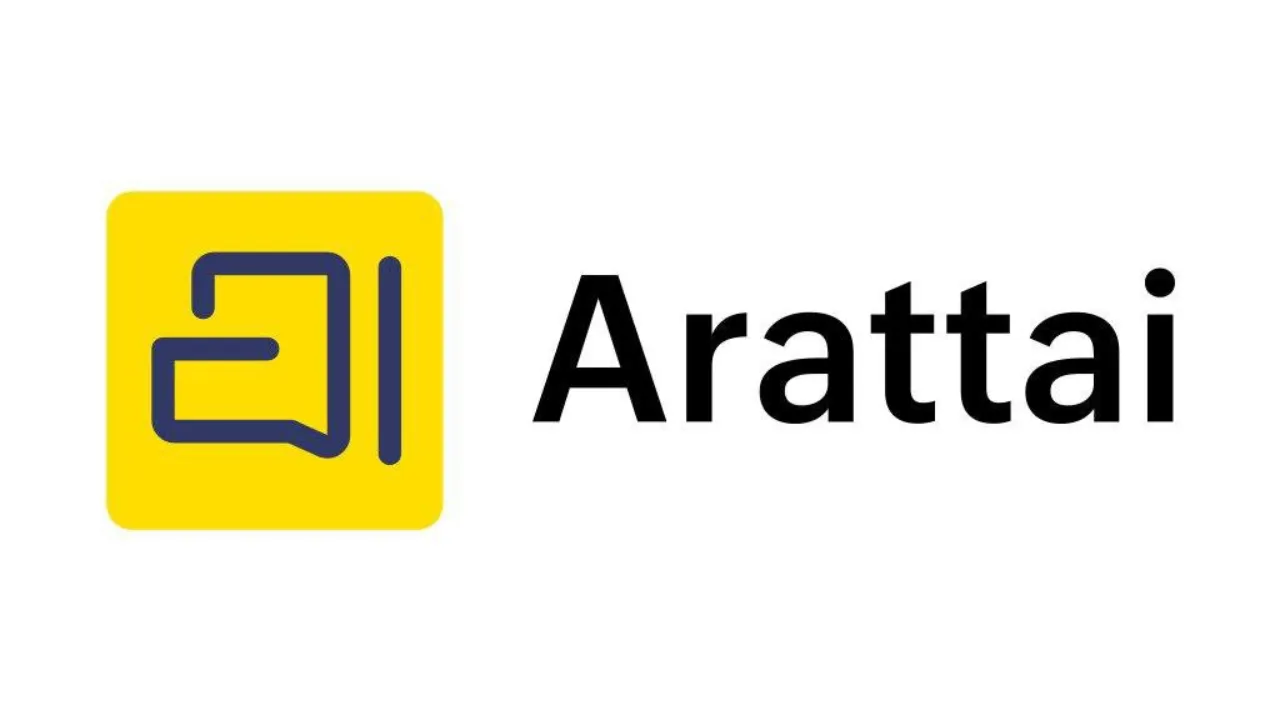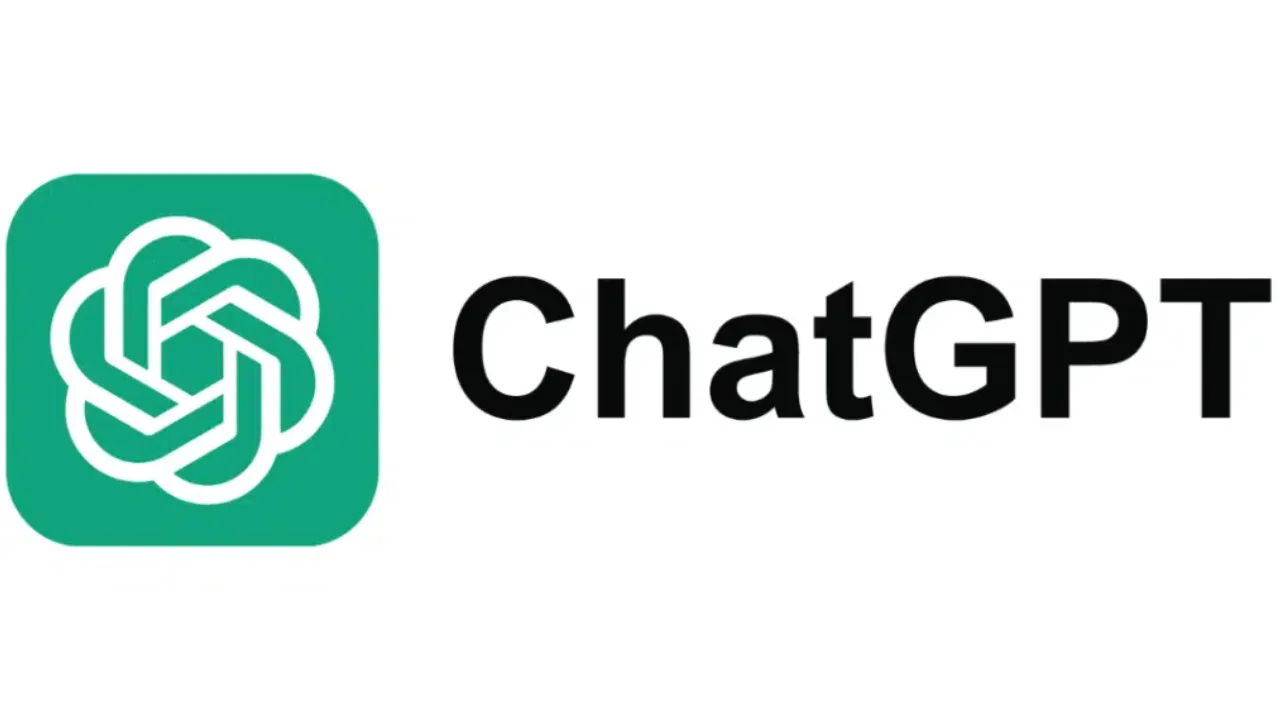Introduction: Why Choosing the Right Cloud Storage Matters
When it comes to storing your files, photos, and important documents, the options can feel endless. From personal use to professional needs, everyone is looking for the best cloud storage that’s fast, secure, and easy to use. In today’s digital-first world, your cloud storage choice isn’t just about saving space on your device—it’s about how efficiently you can access, share, and protect your data. Whether you are a freelancer managing client projects, a student organizing assignments, or a business owner collaborating with a team, the right platform can make a huge difference in productivity.
Choosing the best cloud storage isn’t always straightforward. Different platforms offer varying benefits—some focus on seamless collaboration, others prioritize speed and security, and a few excel at integration with other tools you already use. Your decision should depend on your specific needs, budget, and how you plan to use the service. For example, if you often work on documents with teammates, real-time editing might be your priority. If you deal with large media files, fast upload and download speeds could matter more.
As technology evolves, cloud storage is no longer a luxury but a necessity. The right choice can save you time, keep your files safe from accidental loss, and help you stay organized across devices. In this guide, we’ll compare popular options like Google Drive, Dropbox, and Notion to help you make an informed decision and find the best cloud storage for your personal or professional life.
Overview of Google Drive, Dropbox, and Notion
When exploring the best cloud storage options, three names frequently stand out: Google Drive, Dropbox, and Notion. Each of these platforms has carved its own niche, offering unique features designed for different types of users and workflows.
Google Drive is one of the most widely used cloud storage services, known for its generous free storage, seamless integration with Google Workspace apps like Docs, Sheets, and Slides, and strong collaboration tools. It’s an ideal choice for individuals and teams who work heavily with documents and need real-time editing, easy sharing, and accessibility across devices.
Dropbox, on the other hand, is often praised for its speed, reliability, and straightforward file-syncing capabilities. It supports a wide range of file types and is particularly popular among professionals who handle large media files or need robust backup solutions. Dropbox also offers smart features like file version history and advanced sharing permissions, making it a dependable choice for business and creative work.
Notion takes a different approach. While it’s not primarily a traditional file storage service, it offers powerful cloud-based workspace features. Users can create documents, databases, wikis, and project boards, all stored online and accessible from anywhere. Notion’s strength lies in its flexibility—it’s part note-taking app, part project management tool, and part collaboration hub. It may not replace Google Drive or Dropbox for storing large files, but it excels in organizing information and workflows in one place.
By understanding what each platform brings to the table, you can better match your needs with the right tool. Whether you prioritize storage space, speed, collaboration, or all-in-one organization, Google Drive, Dropbox, and Notion each have something valuable to offer in the best cloud storage conversation.
Pricing and Storage Plans
When deciding on the best cloud storage, pricing and storage capacity are often the first factors people compare. While Google Drive, Dropbox, and Notion each follow different pricing models, understanding their plans can help you choose the one that offers the best value for your needs.
Google Drive is part of Google One, which offers 15 GB of free storage shared across Google services like Gmail and Google Photos. Paid plans start at an affordable monthly rate for 100 GB, with higher tiers like 200 GB and 2 TB for heavier users. For businesses, Google Workspace plans include additional collaboration tools and larger storage allocations.
Dropbox offers just 2 GB of free storage for basic users, which is relatively small compared to competitors. However, its paid plans are designed with professionals in mind. The Plus plan provides 2 TB of storage, while the Family, Professional, and Business tiers offer more space and advanced features like smart sync, file recovery, and enhanced security controls. Dropbox may cost more, but it’s known for speed and reliability.
Notion’s approach is different—it focuses on unlimited pages and blocks rather than large storage volumes. The free plan is generous for personal use, and paid plans unlock advanced features like unlimited file uploads, version history, and team collaboration tools. However, Notion isn’t built for massive file storage; instead, it’s best for organizing notes, documents, and project workflows in the cloud.
When evaluating these options, consider not just the price per GB but also what each platform offers in terms of features, collaboration tools, and security. Sometimes paying a little extra for the best cloud storage experience tailored to your workflow can be worth it in the long run.
Ease of Use and Interface
A key factor in choosing the best cloud storage is how easy it is to navigate and work with daily. No matter how powerful the features are, if the interface feels clunky or confusing, productivity can take a hit. Google Drive, Dropbox, and Notion each offer distinct user experiences designed to simplify file access and management, but they cater to different styles of work.
Google Drive provides a clean, familiar interface that integrates seamlessly with other Google services. Its folder and file layout is intuitive, and real-time search suggestions make finding documents quick and effortless. Whether you’re using it on the web, desktop, or mobile, the interface remains consistent, which helps reduce the learning curve for new users.
Dropbox focuses on simplicity and speed. The interface is minimal yet efficient, making file syncing and sharing almost effortless. The desktop app blends naturally with your operating system’s file manager, so you can drag, drop, and organize files without even opening a browser. For those who prefer a “set it and forget it” experience, Dropbox delivers a straightforward workflow.
Notion, on the other hand, offers a highly customizable workspace. While it may feel overwhelming at first, its drag-and-drop editor and flexible page layouts allow you to design your workspace exactly how you want. You can mix text, media, databases, and tasks in a single view, which makes it more than just cloud storage—it’s a complete productivity hub.
Ultimately, the best choice depends on your preference for simplicity versus customization. If you want fast and familiar, Google Drive and Dropbox shine. If you’re looking for a versatile platform to structure both your files and your projects, Notion offers unmatched flexibility in the best cloud storage category.
File Storage, Organization, and Search Features
When comparing the best cloud storage options, the way each platform handles file storage, organization, and search can greatly impact your productivity. A well-structured system ensures you can find and manage your data without frustration, whether it’s a single document or thousands of files spread across multiple projects.
Google Drive organizes content into folders and subfolders, much like a traditional file system. You can also star important files, color-code folders, and use advanced search filters to locate documents by file type, owner, or keyword. One of Google Drive’s biggest strengths is its powerful AI-driven search, which can even recognize text inside images and scanned PDFs.
Dropbox keeps things simple with a straightforward folder-based approach. Its smart sync feature lets you see all files without taking up local storage, and the file version history makes it easy to revert to earlier versions if needed. Dropbox Search is efficient, allowing you to filter by file type or keyword, but it’s not as AI-powered as Google’s search capabilities.
Notion’s file storage works differently—it doesn’t rely on a strict folder hierarchy. Instead, it uses pages, databases, and tags to organize content. You can embed files, create linked databases, and search across all your workspaces. Notion’s search is fast and works well for text-based content, though it’s less suited for managing very large standalone files like videos or high-resolution images.
If your workflow depends on structured folders and powerful search, Google Drive may be the best cloud storage for you. For minimal setup and reliable syncing, Dropbox works best. And if your focus is on organizing projects, ideas, and notes alongside files, Notion offers unmatched flexibility.
Collaboration Tools and Real-Time Editing
One of the biggest reasons people choose the best cloud storage isn’t just to keep files safe—it’s to work together efficiently. Collaboration tools and real-time editing features can transform a simple storage service into a true productivity hub, and Google Drive, Dropbox, and Notion each take a unique approach to teamwork.
Google Drive sets the standard for real-time collaboration. Multiple users can work on the same document, spreadsheet, or presentation simultaneously, with changes appearing instantly. Built-in commenting, suggestion mode, and version history make it easy to review and refine content without confusion. Integration with Google Meet also allows teams to discuss changes live while working on files.
Dropbox focuses on seamless sharing and teamwork across different file types. While it doesn’t have native document editing like Google Drive, its Dropbox Paper tool enables collaborative note-taking and planning. Dropbox also integrates with tools like Microsoft Office, Slack, and Zoom, so teams can edit files and communicate without leaving their preferred apps.
Notion takes collaboration to another level by combining file storage with project management. Teams can create shared workspaces, assign tasks, leave comments, and track progress in real time. Its flexibility allows you to manage everything from meeting notes to content calendars in one place, making it more than just a storage tool—it’s a central hub for teamwork.
If your priority is editing documents and presentations live with teammates, Google Drive remains the best cloud storage choice. For file-heavy projects that require integration with other apps, Dropbox is ideal. And for teams looking to combine collaboration with organization and planning, Notion offers an all-in-one solution.
File Sharing and Access Control
When choosing the best cloud storage, the way a platform handles file sharing and access control can make a big difference in both convenience and security. Whether you’re sending a single file to a client or granting a team access to an entire folder, the right sharing features ensure your data is accessible to the right people—without compromising privacy.
Google Drive offers flexible sharing options, allowing you to send files via email or share a link with custom permissions. You can choose between view-only, comment, or edit access, and even set expiration dates for shared links. For sensitive files, Google Drive lets you restrict downloads, printing, and copying, adding an extra layer of control.
Dropbox is equally strong in this area. You can share individual files or entire folders through secure links, with options to set passwords, expiration dates, and specific access levels. Dropbox also provides detailed activity logs, so you can see who viewed or edited a file. This makes it particularly appealing for professionals who need tight control over project assets.
Notion handles sharing a bit differently. Instead of traditional file links, you can share entire pages or workspaces with specific people or make them public via a link. Permissions can be set for viewing, commenting, or editing, and you can invite collaborators via email. While it’s perfect for collaborative projects and documentation, it’s less suited for sharing large standalone files.
If you need granular control and robust security in file sharing, Dropbox is a strong contender. For easy collaboration and quick link-based sharing, Google Drive works seamlessly. And if your priority is sharing structured projects or knowledge bases, Notion excels in keeping everything organized within a shared workspace.
Offline Access and Sync Capabilities
A big part of what makes the best cloud storage truly useful is the ability to access your files even when you’re offline. Whether you’re traveling, working in a low-connectivity area, or simply want to keep critical documents handy, offline access and reliable sync features ensure your workflow isn’t disrupted.
Google Drive allows you to enable offline mode for specific files or your entire Drive through its web app or desktop client. Once activated, you can open, edit, and save documents without an internet connection, and changes will automatically sync once you’re back online. This makes it a great choice for users who frequently edit Google Docs, Sheets, and Slides on the go.
Dropbox is known for its efficient syncing capabilities. Its desktop app integrates directly with your computer’s file system, so files appear just like local folders. You can mark certain files or folders for offline access, and Smart Sync lets you keep placeholders for files that don’t take up space until you open them. This balance between accessibility and storage management is a big plus for those with limited device storage.
Notion offers offline access through its desktop and mobile apps, allowing you to view and edit pages without a connection. However, its offline performance can be less consistent compared to Google Drive or Dropbox, especially for large or media-heavy workspaces. That said, for text-based content, notes, and planning boards, it works smoothly once synced.
For heavy offline work with real-time sync afterward, Dropbox shines with its speed and system-level integration. Google Drive is perfect for document-focused users who want to keep working seamlessly across devices. Notion’s offline mode is handy for structured content and planning but is best used for lighter files and text-based workflows.
Security, Privacy, and Encryption
When deciding on the best cloud storage, security and privacy should be at the top of your checklist. No matter how fast or convenient a platform is, it’s only truly valuable if it keeps your files safe from unauthorized access. Google Drive, Dropbox, and Notion all take security seriously, but their approaches vary in encryption methods, privacy policies, and user control.
Google Drive encrypts files both in transit (using TLS) and at rest (using 256-bit AES encryption). It also offers two-factor authentication (2FA) for extra account protection. As part of Google’s ecosystem, it benefits from enterprise-grade security infrastructure, but some users remain cautious about data mining for advertising purposes.
Dropbox also uses 256-bit AES encryption for stored files and SSL/TLS for data in transit. It supports two-factor authentication and offers features like remote wipe, which lets you delete files from a lost or stolen device. Dropbox is independently audited for compliance with security standards like ISO 27001 and SOC 2, making it a trusted choice for businesses with strict security requirements.
Notion takes a different approach, encrypting data in transit and at rest, but currently does not offer end-to-end encryption. While this means Notion staff could theoretically access stored content, in practice, strict internal controls limit this. It also supports 2FA for account security. Notion is more focused on secure collaboration rather than handling extremely sensitive or regulated data.
If maximum security and compliance are your priorities, Dropbox offers a strong enterprise-ready framework. Google Drive balances robust encryption with seamless usability for everyday users. Notion is secure enough for general use, but may not be ideal for highly confidential files. Choosing the best cloud storage means weighing your convenience needs against the level of data protection you require.
Integration with Other Apps and Services
A major factor in choosing the best cloud storage is how well it integrates with the tools you already use. Smooth integration can save time, reduce manual work, and create a more connected workflow. Google Drive, Dropbox, and Notion each offer strong integration capabilities, but they shine in different areas.
Google Drive is deeply integrated into Google’s own ecosystem, making it a natural choice if you already use Gmail, Google Calendar, or Google Meet. You can easily attach Drive files in emails, schedule meetings with linked documents, and open files directly in Docs, Sheets, or Slides without leaving your browser. Beyond Google’s apps, Drive also connects with third-party tools like Slack, Zoom, Trello, and Canva.
Dropbox focuses on broad compatibility across multiple platforms. It works seamlessly with Microsoft Office, allowing you to edit Word, Excel, and PowerPoint files directly in your browser. Dropbox also integrates with productivity tools like Slack, Zoom, Asana, and even creative apps like Adobe Creative Cloud. Its API support makes it popular with developers looking to build custom workflows.
Notion takes integration in a different direction by allowing you to embed or link content from various apps directly into your pages. You can embed Google Docs, Figma files, YouTube videos, and more, making it a central hub for all your project resources. While Notion doesn’t replace traditional file syncing services, its strength lies in consolidating tools and information in one organized space.
If you want a storage service that blends effortlessly into your Google-based workflow, Google Drive is the clear winner. For versatile, cross-platform compatibility, Dropbox stands out. And if your goal is to create a single workspace that links and organizes resources from multiple tools, Notion offers unmatched flexibility in the best cloud storage category.
Unique Features of Each Platform
When evaluating the best cloud storage, it’s not just about space and speed—unique features can set a platform apart and make it the perfect fit for specific workflows. Google Drive, Dropbox, and Notion each bring something special to the table that goes beyond basic file storage.
Google Drive’s standout feature is its seamless integration with Google Workspace. Real-time editing in Docs, Sheets, and Slides makes collaboration effortless, while AI-powered search can recognize text within images and PDFs. Drive also offers shared drives for teams, making file ownership and organization easier for businesses.
Dropbox is known for its Smart Sync and selective sync capabilities, which allow you to view all your files without taking up device storage until you need them. Its file version history and recovery tools are especially valuable for restoring previous edits or retrieving deleted files. Dropbox also offers Dropbox Transfer for sending large files securely without requiring the recipient to have an account.
Notion’s uniqueness lies in its all-in-one workspace approach. It combines notes, databases, project management boards, and wikis in a highly customizable interface. You can create interconnected pages, embed media from other platforms, and design workflows that fit your exact needs. While it’s not built for massive file storage, it excels at keeping information, resources, and tasks organized in one place.
If your priority is powerful document collaboration with built-in productivity tools, Google Drive is the strongest choice. For advanced syncing, file recovery, and large file transfers, Dropbox leads the way. And if you want a flexible workspace to manage projects, ideas, and resources alongside your files, Notion offers a unique and versatile solution in the best cloud storage category.
Performance and Speed
When it comes to the best cloud storage, performance and speed play a major role in the overall user experience. Fast uploads, quick downloads, and reliable syncing ensure that your files are always accessible when you need them—without frustrating delays. Google Drive, Dropbox, and Notion each handle performance differently, depending on their core purpose and infrastructure.
Google Drive offers stable performance with solid upload and download speeds, especially for smaller files and documents created within Google Workspace. Since these files are stored in Google’s native formats, they open instantly in the browser without additional downloads. For larger files, speed may depend on your internet connection, but Google’s global server network helps keep delays to a minimum.
Dropbox has built a reputation for speed and efficiency, particularly when syncing large files. Its block-level file transfer technology uploads only the parts of a file that have changed, rather than the whole file, making updates nearly instant. This makes Dropbox a favorite among professionals who frequently work with high-resolution images, videos, or design files.
Notion’s performance is optimized for text-based content, databases, and lightweight media. While it’s not designed for heavy file transfers, it loads pages and updates in real time across devices. Large workspaces with numerous embedded files can slow down slightly, but for typical project management and note-taking tasks, it remains fast and responsive.
If your workflow depends on handling large files quickly, Dropbox is hard to beat. Google Drive offers balanced performance for both everyday storage and collaborative editing. Notion delivers smooth speed for managing structured content and projects, making each of these platforms excel in their own niche within the best cloud storage landscape.
Customer Support and Reliability
When evaluating the best cloud storage, customer support and platform reliability are just as important as features and pricing. A dependable service with quick problem resolution ensures you can keep working without costly interruptions. Google Drive, Dropbox, and Notion each offer different levels of support and reliability depending on your plan.
Google Drive benefits from Google’s vast infrastructure, which means high uptime and consistent availability. Downtime is rare, and performance issues are quickly addressed. Support for free users is mainly through help articles, community forums, and automated assistance. Paid Google Workspace subscribers get priority email and chat support, which can be crucial for business users.
Dropbox is well-regarded for its stability and reliability. It maintains a strong track record of uptime and fast file syncing, even during peak usage. Free users have access to an extensive help center and community forum, while paid plans include priority email support. Business subscribers get dedicated account managers and 24/7 phone support, making Dropbox particularly appealing for professional teams.
Notion, while newer to the market compared to the others, has grown quickly and established a reputation for responsive customer service. It offers in-app support, email assistance, and an extensive knowledge base. While it doesn’t have a 24/7 phone line, its team is active and updates the platform regularly, reducing the chances of long-term technical issues.
For rock-solid reliability backed by one of the largest tech companies, Google Drive is a safe bet. Dropbox combines excellent uptime with tiered support options that suit both individuals and businesses. Notion stands out for its attentive and proactive customer service, making it a strong choice if you value direct, personal assistance in your best cloud storage provider.
Best Use Cases: Which One Fits Your Needs?
While all three platforms—Google Drive, Dropbox, and Notion—fall under the best cloud storage category, each shines in specific scenarios. Matching your needs with the right tool ensures you get the most value and efficiency from your choice.
Google Drive is ideal for individuals, students, and teams who rely heavily on document creation and collaboration. If you frequently work in Google Docs, Sheets, or Slides, Drive’s real-time editing and seamless integration with Gmail and Google Meet make it a perfect fit. It’s also a great option for those who want generous free storage and easy access from any device.
Dropbox is best suited for professionals and businesses dealing with large files or projects that require quick syncing and secure sharing. Photographers, video editors, designers, and agencies often prefer Dropbox because of its block-level file transfer technology, robust backup features, and detailed file-sharing permissions. If speed and reliability are your top priorities, Dropbox is hard to beat.
Notion is ideal for creators, project managers, and teams that value organization and flexibility over raw storage capacity. It’s not built for massive file hosting, but it excels at combining documents, tasks, databases, and collaboration into one customizable workspace. If your workflow involves planning, tracking, and documenting alongside storing reference files, Notion can replace several separate tools at once.
In short, choose Google Drive for document-focused collaboration, Dropbox for high-performance file syncing and sharing, and Notion for organizing projects and ideas in one place. The best cloud storage for you depends on whether you prioritize productivity features, speed, or all-in-one organization.
Pros and Cons of Google Drive, Dropbox, and Notion
When selecting the best cloud storage, weighing the strengths and weaknesses of each platform can make your decision much easier. Here’s a breakdown of what each service does well and where it may fall short.
Google Drive
Pros:
- Generous free storage (15 GB) shared across Google services
- Seamless integration with Google Workspace apps for real-time collaboration
- Powerful AI-driven search, including text recognition in images and PDFs
- Accessible across all major devices and platforms
Cons:
- Storage is shared with Gmail and Google Photos, which can fill up quickly
- Performance for large file uploads can be slower compared to Dropbox
- Some users have privacy concerns due to Google’s data policies
Dropbox
Pros:
- Fast and reliable syncing, especially for large files
- Block-level file transfer for quick updates
- Strong file-sharing controls, including passwords and expiration dates
- Excellent integration with Microsoft Office, Adobe, and other productivity tools
Cons:
- Only 2 GB of free storage on the basic plan
- Lacks built-in, full-featured document editing like Google Drive
- Higher pricing compared to some competitors for similar storage space
Notion
Pros:
- All-in-one workspace for notes, tasks, databases, and collaboration
- Highly customizable layouts for organizing workflows
- Unlimited pages and blocks in the free plan
- Great for project management and team organization
Cons:
- Not designed for storing large files or media-heavy projects
- Offline access can be less consistent than Drive or Dropbox
- Lacks end-to-end encryption for maximum data security
By considering these pros and cons, you can decide which platform aligns best with your workflow. The best cloud storage isn’t the one with the most features—it’s the one that fits your specific needs and priorities.
Final Verdict: Which Cloud Storage Should You Choose?
Choosing the best cloud storage depends entirely on your needs, workflow, and priorities. While Google Drive, Dropbox, and Notion all serve as excellent tools, they each excel in different ways.
If your focus is on document creation, collaboration, and easy integration with everyday productivity tools, Google Drive is the clear winner. Its generous free plan, real-time editing, and powerful search make it ideal for students, freelancers, and teams who work primarily with text-based files, spreadsheets, and presentations.
For those who regularly deal with large files or require lightning-fast syncing, Dropbox stands out. Its block-level transfer technology, advanced sharing controls, and excellent integration with creative and business tools make it perfect for photographers, designers, agencies, and corporate teams that value speed and reliability above all else.
Notion, while not a traditional cloud storage platform, offers unmatched flexibility for organizing projects, managing tasks, and consolidating resources in one workspace. If your goal is to blend planning, documentation, and light file storage into a single hub, Notion delivers a unique experience that can replace multiple separate tools.
In short, Google Drive is best for collaborative document work, Dropbox is best for large file management and fast syncing, and Notion is best for organizing workflows and ideas. The best cloud storage for you will be the one that not only keeps your files safe but also enhances how you work every day.
Also Read: Top Skills to Learn in Tech in 2025 – Unlock 10X Growth.
FAQs: Cloud Storage Comparison
1. Which is the best cloud storage for everyday personal use?
For most people, Google Drive is the best option for personal use because of its generous free storage, easy sharing, and integration with Google’s apps like Docs, Sheets, and Photos.
2. Which platform is better for large file transfers?
Dropbox is the top choice for large files thanks to its block-level file transfer technology, which speeds up syncing and updates without re-uploading the entire file.
3. Can Notion replace Google Drive or Dropbox?
Notion isn’t a complete replacement for traditional cloud storage. It’s excellent for organizing notes, projects, and workflows but isn’t designed for storing large files or heavy media.
4. Which cloud storage is the most secure?
Dropbox offers advanced sharing controls, remote wipe features, and compliance with industry security standards, making it a strong choice for security-conscious users. Google Drive also provides robust encryption, while Notion is secure for general use but lacks end-to-end encryption.
5. Is Google Drive faster than Dropbox?
For small files and online documents, Google Drive works quickly and efficiently. However, Dropbox is generally faster for syncing and transferring large files.
6. Can I use these services offline?
Yes. Google Drive and Dropbox offer reliable offline access, with files syncing automatically once you reconnect. Notion also supports offline editing, but performance may vary for large workspaces.
7. Which service is best for teams and collaboration?
Google Drive excels for real-time document collaboration, Dropbox is great for file-heavy projects, and Notion is ideal for teams needing an all-in-one workspace for tasks, notes, and resources.
8. Do these services work with third-party apps?
Yes. Google Drive integrates seamlessly with Google Workspace and tools like Slack and Trello. Dropbox works with Microsoft Office, Adobe, and many productivity apps. Notion allows embedding and linking from multiple platforms to centralize your resources.
